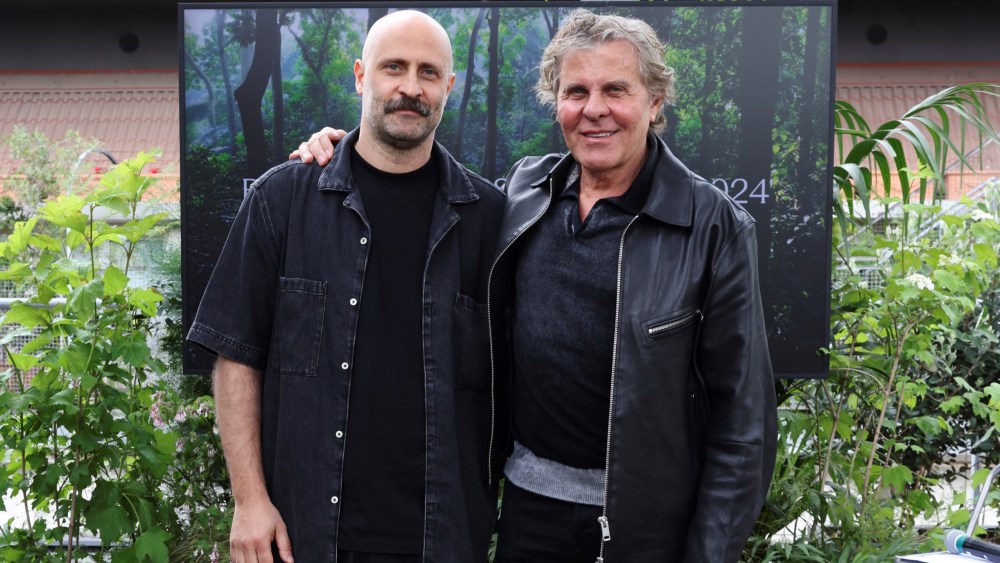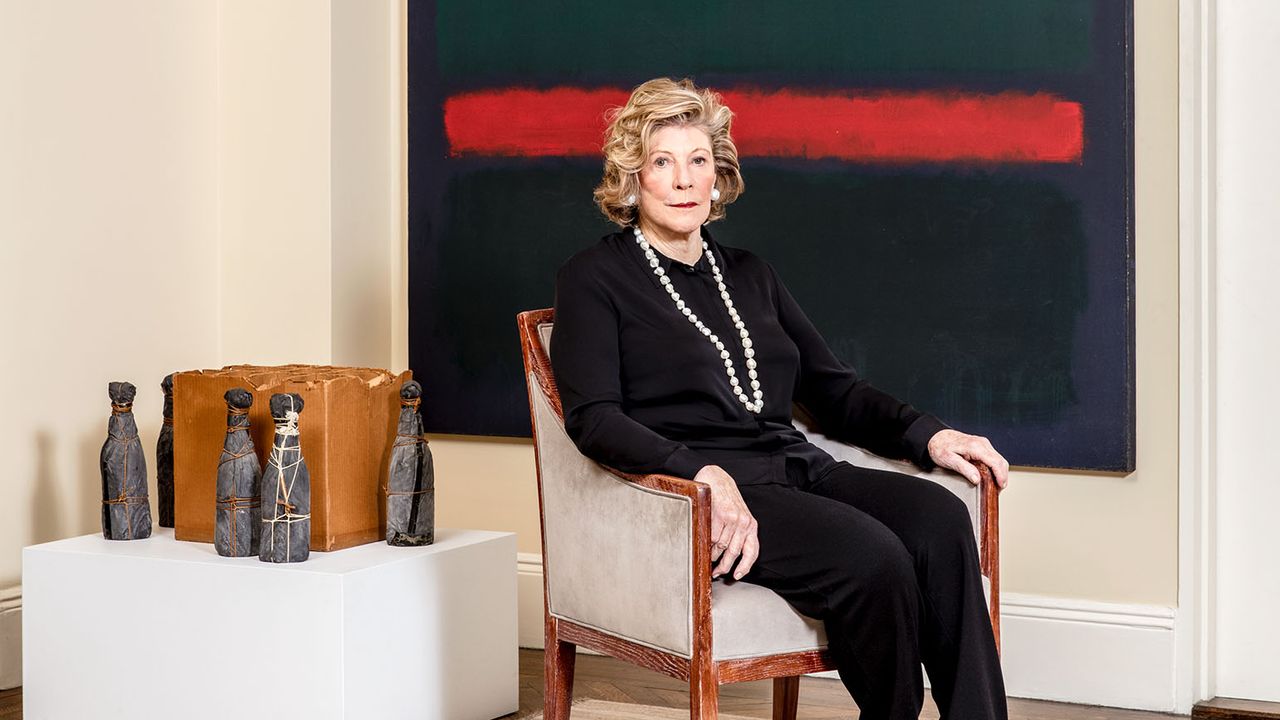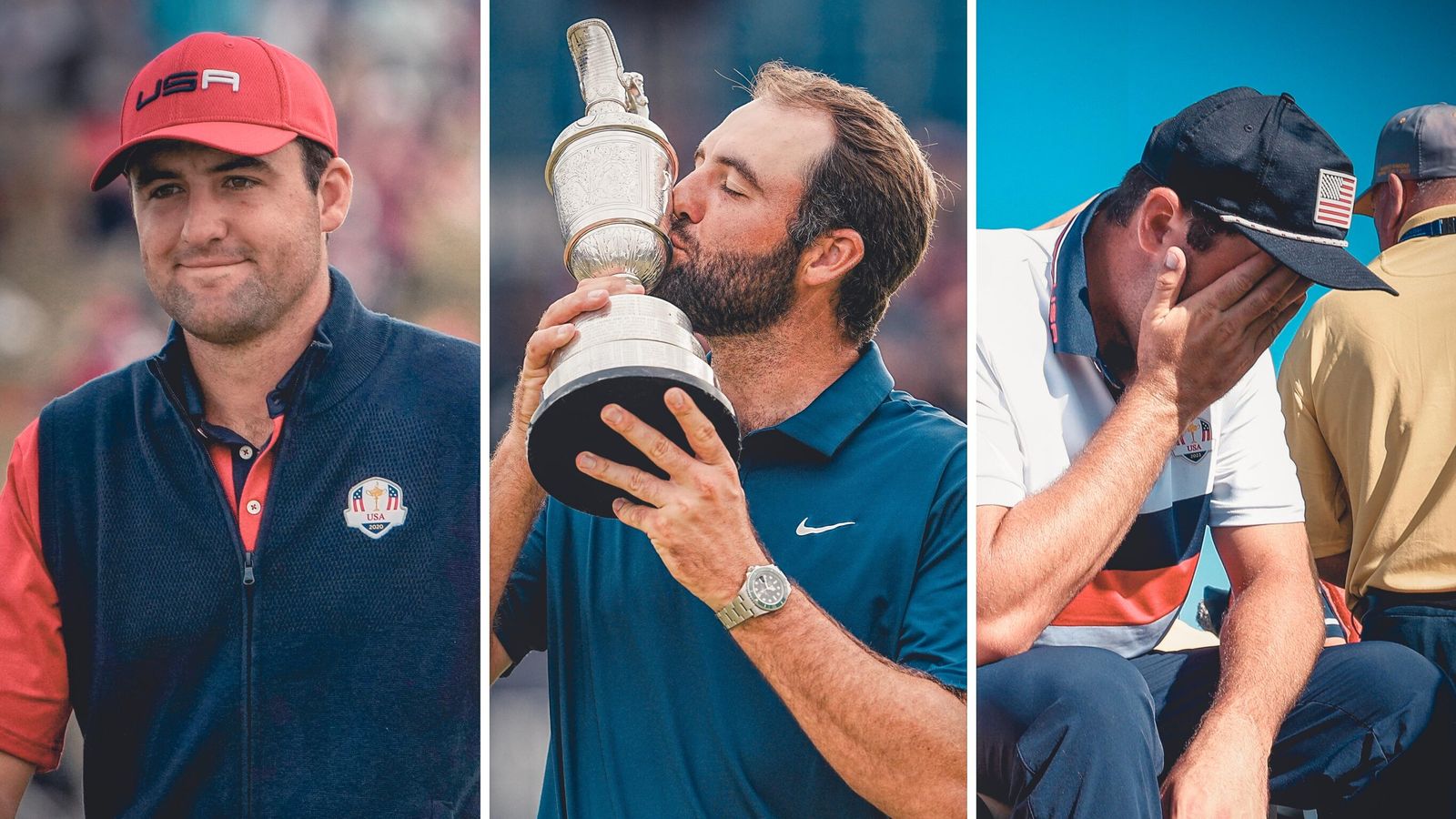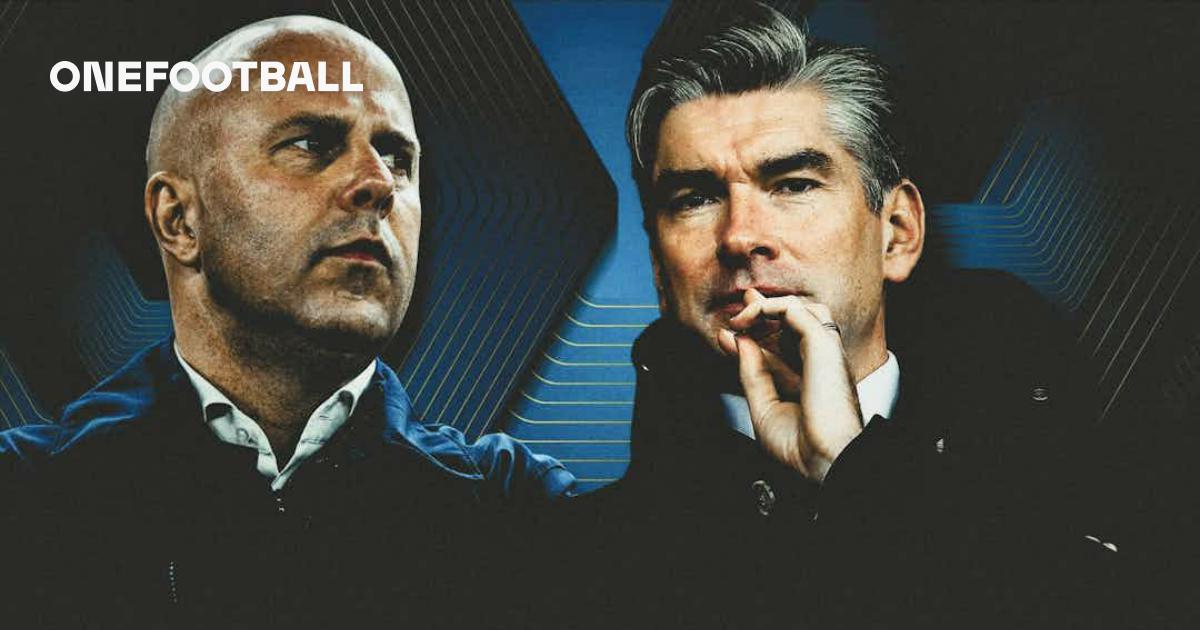
MILAN — OTB Group is making strides in sustainability, quietly but purposefully advancing its eco-credentials.
The fashion group — which comprises the Diesel, Jil Sander, Maison Margiela, Marni and Viktor & Rolf brands and the Staff International and Brave Kid companies, in addition to a minority stake in Amiri — released its 2024 sustainability report on Monday.
The report showed progress across its three pillars of environment, product sustainability and people, called “Protecting Our Planet,” “The New Fashion System” and “Brave Together,” respectively.
“Sustainability has become a state of mind,” said OTB president and founder Renzo Rosso speaking at the Diesel headquarters in Milan. “We have started this journey before the pandemic and we strived for it to become a language to be spoken every day within the company.
“It’s an incredible daily job to globally manage the company’s functions, from internal business [practices], workflow planning and externalization to how our suppliers conduct business and how we bring the products to the stores,” he said.
“We want to be a sustainable [fashion] group, and as far as I know new generations do not support brands that are not sustainable. If one wants to be a company of the future, then it needs to embark on this journey,” Rosso said.
In 2024 OTB managed to reduce its Scope 1, Scope 2 market-based and Scope 3 GHG emissions by an average 31 percent compared to 2023, with Scope 1 and 2 emissions now fully negative and Scope 3 emissions standing at positive 5 percent, albeit improved versus 2023.
This marks a significant improvement in the company’s strategy compared to the previous year when it managed to reduce GHG emissions across the three Scopes by 2.3 percent versus 2022.
Sara Betteghella, OTB’s chief sustainability officer, attributed the acceleration to a range of factors, including an improved assessment of data, as well as advancements in raw material sourcing and energy supply.
In 2024, 100 percent of energy used by the group in Europe and North America came from renewable sources, compared with 99 percent in Europe only in 2023. Overall, 70 percent of energy came from renewable sources in 2024, compared to 56 percent a year earlier.
Betteghella said the advancements are in sync with the Science Based Target initiative’s road map for the group. OTB plans to source 80 percent of its energy from renewable sources globally by 2025, drawing it closer to carbon neutrality of its internal operations by 2030, ahead of the European Union’s targets.
As a signatory of the Fashion Pact since 2022, OTB also aligns with the coalition’s target of sourcing 100 percent of energy from renewable sources by 2030 and eventually achieving carbon neutrality for the entire value chain by 2050.

OTB Group’s headquarters.
Courtesy OTB Group
The group is a founding member of the Camera Nazionale della Moda Italiana-backed Re.Crea consortium, aimed at providing solutions and best practices to manage postconsumer fashion waste, with the ultimate goal of giving them a second life via recycling.
Earlier this year OTB-owned Diesel joined the Sustainable Markets Initiative’s Fashion Task Force, a private-sector coalition aimed at accelerating the transition toward a more sustainable future founded by King Charles III and chaired by Federico Marchetti.
Product Sustainability
Committed to scaling the eco-credentials of its raw materials and fuel a circular business model, OTB increased its sourcing of “preferred materials” — such as those with a reduced environmental impact — by 7 percent last year.
These now account for 24 percent of the total, including organic, regenerative and recycled cotton. About 31 percent of the latter — OTB’s largest material by supply and use accounting for 62 percent of the total — came from greener sources in 2024.
Last year the group also unveiled its OTB Raw Material Standards, implemented across the group’s brands, on preferred and to-avoid materials.

Diesel Spring 2025 Ready-To-Wear Collection at Milan Fashion Week.
Giovanni Giannoni/WWD
“If you join forces with your suppliers, embarking on the journey hand in hand, you can achieve tangible results,” said Andrea Rosso, OTB’s sustainability ambassador.
Both Rossos highlighted the pivotal role played by creativity, which permeates not only fashion collections but every stage throughout the supply chain, starting from new-gen material development.
“My hope for the future is to be able to shorten the distance between the supply chain [players] and the creative and design teams,” Andrea Rosso said. “There is a lot of creativity in the supply chain.
“Internal education is mandatory, because only knowledge allows you to infuse sustainability across the group’s different divisions. We need to listen to what’s happening outside of the company to grow internally,” he added.
In the 2022 to 2024 period, OTB listed about 1.8 million products from its luxury brands on the Aura Blockchain Consortium’s platform to ensure traceability and authenticity. OTB joined the consortium in 2021 alongside Prada Group and Compagnie Financière Richemont, two years after LVMH Moët Hennessy Louis Vuitton established it in 2019.
Diesel products are not on the Aura platform but come equipped with a QR code for similar purposes.
Committed to preserving the value chain, especially in Italy where 72 percent of the group’s suppliers are based, OTB continues to support the country’s small- and medium-sized enterprises through its C.A.S.H. program aimed at facilitating their access to bank loans and credits. The group claimed it has dispensed about 600 million euros since 2013 when the initiative was launched.
Social Responsibility
The Italian group employs 6,791 people globally and revealed it has been acknowledged for its gender equity achievements for the second year in a row. In 2024, women in leadership positions accounted for 54.7 percent of the workforce.
This is one of many social responsibility targets part of the group’s sustainability strategy.
Last year OTB trained its workforce for 53,000 hours and continued to educate and train the new generation of Made in Italy professionals through its “Scuola dei Mestieri” project operated by Staff International. The company said 85 percent of students were hired within the group and its brands.
A pillar of its people strategy, the OTB Foundation continued to promote charity initiatives within and outside the group in 2024 tackling female empowerment, support for underprivileged children and youth, as well as first aid projects and programs fostering integration.
“The OTB Foundation is a separate business unit within the group [governance] which ensures it can engage with the group itself and all its brands,” said Arianna Alessi, Renzo Rosso’s wife and vice president of the foundation. “We believe that profit and nonprofit should go hand in hand and we’re committed to continue along this path.”
OTB earmarks a percentage of its earnings before interest and taxes, or EBIT, to the foundation yearly, Alessi said, without disclosing the exact figure. She noted that 65 percent of the foundation’s funds come from OTB.
#Diesel #Maison #Margiela #Parent #OTB #Issues #Sustainability #Report






